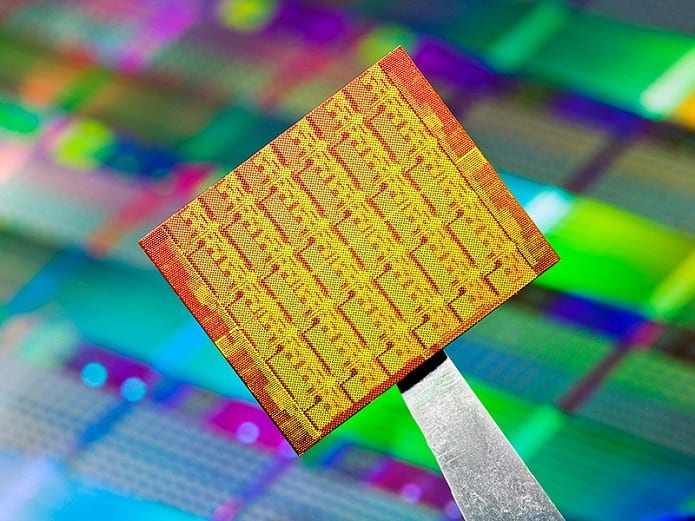Say it isn’t so Intel, say it isn’t so
Previously, non-K series of Intel Skylake CPUs were unable to overclock their processors, but motherboard manufacturers catered to their requirements by finding a way past this little obstacle. Over the last couple of months, motherboard manufacturers have managed to tweak their BIOS updates in order to enable overclocking on Intel’s non-K series Skylake chips. While this was never officially supported by Intel, the latest rumor suggests that the chip manufacturer is trying very hard in order to limit the overclocking capabilities of non-K Skylake processors.
The company is going to do this by blocking BCLK overclocking. Non-K Intel Skylake processors do not possess an unlocked multiplier (which ultimately makes it a breeze to overclock processors as long as they tweak the settings appropriately and have a cooler capable of dissipating all that heat), meaning that they will have to overclock the manual way, which is increasing the base clock frequency through the BIOS. Despite the fact that users are unable to reach high overclocking speeds through this method if they are carrying it out on a non-K processor, increasing the chip’s frequency by even 500-600MHz per core will deliver a handy amount of performance for pressing tasks.
Intel could be doing this because of two reasons. Firstly, it will limit overclocking since it would want the K-series of processors to sell well and the second reason is that while several users have had positive results using the BCLK method to overclock their non-K processors, the company is apparently worried about a series of negative effects that could occur over time, which range from temperature detection failures of even instruction set failure.
The latest report from the Chinese site Benchlife states that Intel has been rumored to release a new BIOS update that will stop motherboards from being able to overclock Intel’s non-K processors. Evidence of this has apparently been found in the code for a recent BIOS update, which was rushed out in order to squash a bug with Prime95.
Keep in mind folks that at the end of the day, this is just a rumor and we will wait for more updates to come through. After all, Intel has to release a public announcement in order to confirm this so we will wait for that.


